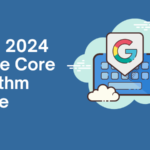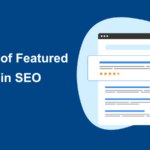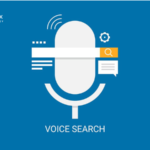In the world of SEO, proper indexing plays a critical role in determining how well a website ranks in search results. When search engines like Google index your site, they store its pages within their databases, so that users can discover your content. If your site isn’t indexed correctly, your pages most likely become invisible to the readers, no matter how valuable the content may be. Proper indexing ensures that search engines can efficiently access and rank your pages, helping your website reach a broader audience. This blog will explore why indexing matters, the factors affecting it, and practical steps you can take to improve your site’s indexing, ultimately boosting your website’s ranking potential.
What is Website Indexing?
Website indexing is the process by which search engines like Google analyze and store information from web pages to make them searchable. When a search engine indexes your site, it sends crawlers or “bots” to review and categorize your pages based on their content, structure, and relevance. This is different from crawling, which is simply the act of discovering new pages. Indexing means that these pages are then included in search results for relevant queries. Without proper indexing, your website is essentially “invisible” in search engine results pages (SERPs), meaning users won’t find your content easily. Proper indexing is, therefore, the foundation for achieving high visibility and improved website rankings.
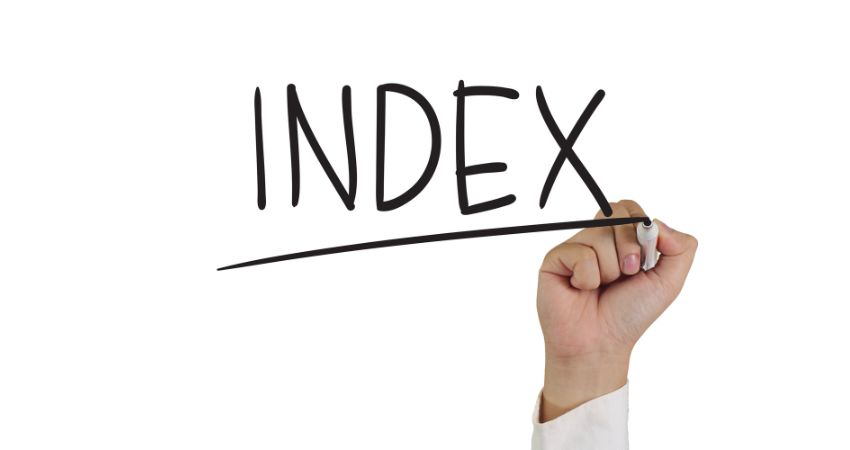
Why Proper Indexing is Essential for SEO?
Proper indexing directly controls your website’s visibility on search engines. Indexed pages are accessible to users via search queries, meaning they have a better chance of reaching a wider audience. When search engines can’t index your pages correctly, they can’t display your site for relevant searches, which limits your traffic. Additionally, indexed pages are given priority in search engine ranking algorithms, as they are considered more accessible and valuable to users. Proper indexing helps search engines understand your website’s value, meaning they’re more likely to rank it higher, leading to increased organic traffic, better visibility, and improved SEO performance.
Factors Influencing Proper Indexing
Website Structure and Navigation
A clear, organized website structure helps search engines index content more efficiently. Pages should be easy to navigate, with a structural arrangement that guides search engines through each section. When search engines find a proper layout, they can index pages quickly, resulting in better rankings. A well-organized structure signals to search engines that your site is user-friendly, increasing its chances of ranking higher.
Content Relevance and Uniqueness
High-quality, unique content encourages indexing and strengthens SEO efforts. Search engines prioritize unique content over duplicate material, as it provides users with valuable information. By consistently publishing relevant, unique content, your website becomes more appealing to search engines, improving the indexing process and boosting your overall rankings.
Technical SEO Aspects
Technical SEO elements, such as sitemaps, robots.txt files, and meta tags, play a major role in indexing. An XML sitemap lists all of your website’s pages, guiding search engines through your content. The robots.txt file controls which pages are indexed, helping search engines focus on important content. Meta tags also help indexing by providing search engines with essential page details, boosting your indexing potential.
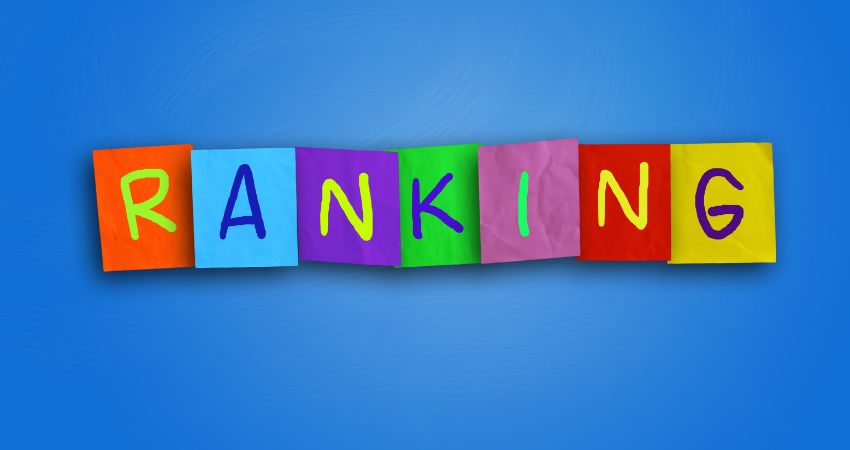
Steps to Ensure Proper Indexing for Higher Rankings
Optimize Content for Crawling and Indexing
Creating content that aligns with search engine algorithms is essential. Make sure each page has unique, valuable content and follows SEO best practices, such as including relevant keywords naturally. Optimized content is easier for search engines to index, making it more likely to rank higher.
Use XML Sitemaps
An XML sitemap acts as a guide for search engines, helping them discover and index your pages. Submit your sitemap to Google Search Console, ensuring that search engines can navigate through your content. This step increases the likelihood of complete and accurate indexing, which boosts visibility.
Check Robots.txt Settings
The robots.txt file informs search engines about which pages to crawl and index. Incorrect settings can unintentionally block important pages from indexing, so review your settings regularly. Ensuring that essential pages are indexable helps search engines recognize the value of your content, improving your chances of ranking well.
Fix Crawl Errors
Crawl errors, such as broken links or inaccessible pages, can prevent proper indexing. Regularly audit your website to identify and resolve crawl errors. Fixing these issues helps search engines access and index all your pages, improving the overall SEO performance of your site.
Enhance Page Speed and Mobile Compatibility
Page speed and mobile compatibility are crucial for indexing, as search engines prioritize user-friendly sites. A fast-loading, mobile-responsive site enhances user experience and helps search engines index pages more effectively. Ensuring your site is mobile-friendly and loads quickly can significantly improve your rankings.

How to Monitor and Improve Indexing?
Google Search Console Insights
Google Search Console is an important tool for monitoring your site’s indexing status and visibility. It provides insights into how well your site is indexed, highlights indexing issues, and offers recommended solutions to improve indexing. By regularly reviewing Search Console data, you can catch indexing problems early, allowing you to address them before they affect rankings. Keeping track of these insights helps ensure a well-indexed, high-ranking website that remains competitive in search engine results.
Perform Regular Site Audits
Site audits are essential for identifying technical and content-related issues that may impact indexing, such as broken links, slow-loading pages, or unoptimized content. Use tools like Google Search Console, Screaming Frog, or other third-party audit tools to thoroughly scan your site. Regular audits help keep your site fully optimized for indexing and ensure that any technical errors are corrected, which ultimately leads to a more effective and long-lasting SEO strategy.
Keep Content Updated and Relevant
Updating your content regularly signals to search engines that your site remains relevant, valuable, and aligned with current trends or information. Search engines tend to prioritize fresh, well-maintained content, so consistently adding new or updated information improves indexing frequency. Keeping your content relevant also enhances the chances of higher rankings and greater visibility, as search engines support websites that provide up-to-date and useful information to users.

Common Indexing Issues and Solutions
Duplicate Content
Duplicate content can negatively impact indexing, as search engines struggle to differentiate between original and copied pages. To avoid this issue, focus on creating unique content for each page. Use canonical tags to indicate the primary page version, ensuring that search engines prioritize the right content.
Crawl Budget Limitations
Crawl budget refers to the number of pages search engines can crawl within a specific timeframe. If your site has many pages, search engines may not index all of them due to crawling budget limitations. Prioritize important pages by linking them prominently in your site structure and using robots.txt to block less significant pages. By managing your crawl budget effectively, you help search engines index the most relevant content, boosting your site’s ranking potential.
Non-Indexable Pages
Some pages may not be indexed due to technical issues or improper settings. For example, “noindex” tags can prevent indexing when applied unintentionally. Regularly review your page settings to ensure important pages are marked for indexing. If your site uses JavaScript-heavy content, make sure it’s accessible to search engines. Correcting these issues will increase the chances of better indexing and visibility in search results.
Wrapping Up
Proper indexing is essential for increasing your website’s ranking potential in search results. Without indexing, your content remains hidden, making it difficult to reach your audience. By focusing on a well-structured site, high-quality content, and technical SEO elements, you can improve your site’s indexing status. Regular monitoring through tools like Google Search Console, performing site audits, and addressing common indexing issues all contribute to a successful SEO strategy.
If you are looking for experts who can restructure your website that is favorable to indexing in the SEO landscape, reach out to us. With years of experience, our expert digital marketers can help you boost your online visibility in the SEO landscape.
Frequently Asked Questions
Yes, search indexing is essential for SEO because it allows search engines to understand and store information about your website's pages. When a site is indexed, it’s organized in a way that lets search engines retrieve it when users search for relevant topics. Without indexing, a website remains invisible to search engines, making it impossible for users to find it through search results.
Crawling, indexing, and ranking are processes that help search engines organize the internet. Crawling is when search engines scan websites to find new content. Indexing is when they organize this content in their databases. The ranking is where they determine the best position for each page in search results. Together, these processes ensure users get relevant content when they search.
Indexing and ranking are different steps in SEO. Indexing is when a search engine saves a website's content in its database after crawling. Ranking, on the other hand, determines the order of indexed pages in search results based on relevance and quality. While indexing makes a site searchable, ranking decides where it appears in search results, impacting visibility and traffic.






